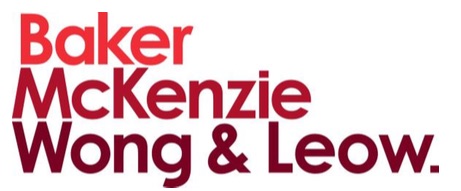2 August, 2019
The Competition and Consumer Commission of Singapore (“CCCS”) has just sought public feedback on the two-year commitments proposed by Pathology Asia Holdings (“PAH”) to address concerns that the proposed merger of two of its private clinical laboratories will substantially reduce competition in the Singapore market for in vitro diagnostic (“IVD”) tests. IVD tests make use of small blood or urine samples to screen for a wide array of chronic diseases and to monitor health conditions.
The two labs—Innovative Diagnostics (“Innovative”) and Quest Laboratories (“Quest”)—were acquired by PAH in 2018. They are the two largest IVD service providers in Singapore, serving the majority of the country’s private sector clinics and hospitals.
As it stands, Innovative and Quest do not face competition from public hospital- based laboratories with IVD testing facilities, as the latter mainly serves its in- house patients. Other private laboratories offering similar services in the market are more niche, and lack the scale of operations and resources of the two major labs.
This has raised concerns that alternative providers would not be able to exert sufficient competitive constraint on the merged entity. Under Singapore competition law, mergers that substantially lessen competition in Singapore are prohibited. The Innovative-Quest merger has therefore been under strict scrutiny for its potentially detrimental impact on competition in the Singapore healthcare market on healthcare costs and health insurance premiums.
While PAH believes that the merger will not result in a huge reduction of competition in any market in Singapore, it has proposed that the merged entity enter into the following commitments to alleviate the market’s concerns:
(a) To ensure that competing laboratories have access to Innovative’s and Quest’s testing services at fair prices and acceptable service standards;
(b) To refrain from commercial practices which prevent customers from switching to alternative IVD service providers;
(c) To allow for the early termination of contracts without cause; and
(d) To maintain its current pricing terms for private hospitals without their own in-house labs and health-screening companies.
These commitments are proposed to take effect for two years from the date of CCCS’ final decision on the merger. They are intended to operate as self- imposed restraints on the merged entity, and seek to mitigate the competitive harms of the merger.
While the proposed commitments may serve to diminish the potential reduction in competition shortly after the merger, its effectiveness in the long run remains to
be seen given that PAH will only be bound to the commitments for two years. There is also no guarantee that alternative service providers will grow to become effective competitors for the merged entity in the span of two years.
Further, even if the contract allows for it, customers of the merged entity may not readily switch between service providers, due to the various accompanying risks such as increased costs and operational difficulties. The inertia to switch may consequently translate into costs being passed on to patients, and possibly insurance providers.
More information on the merger and consultation can be found here.
For further information, please contact:
Andy Leck, Principal, Baker & McKenzie.Wong & Leow
andy.leck@bakermckenzie.com





